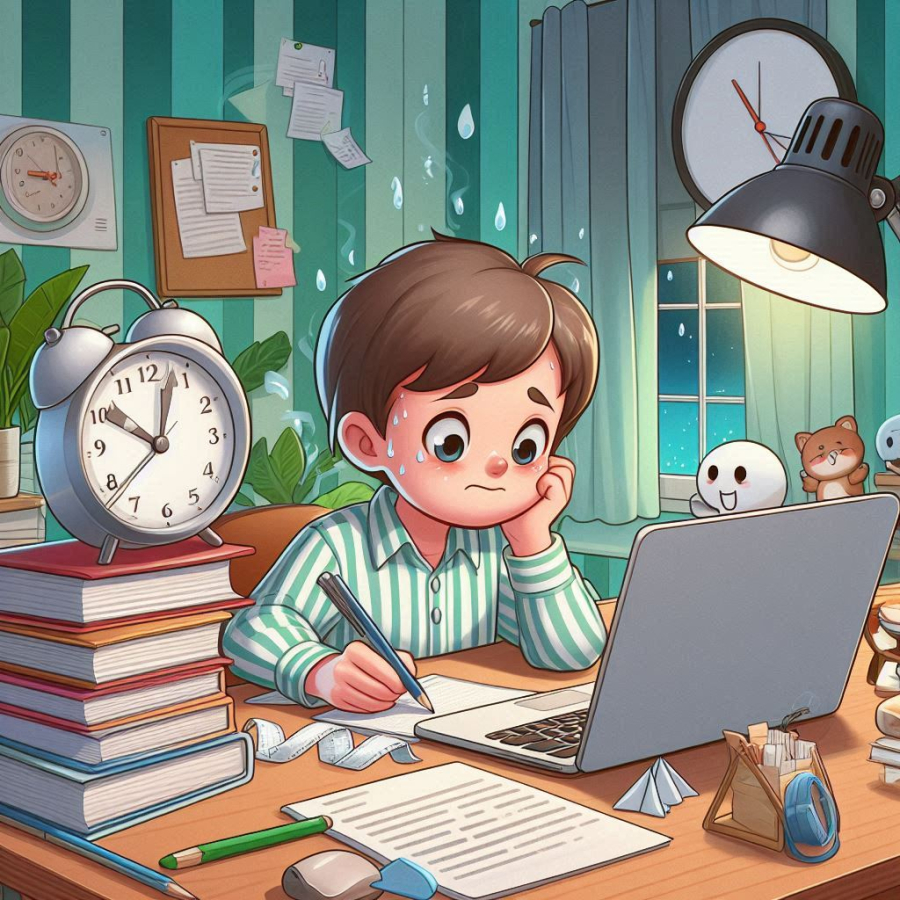Renowned Australian psychologist, Andrew Fleur, has revealed that many rebellious behaviors in children conceal unique “superpowers.” While these mischievous kids may give their parents a headache when it comes to discipline, their strong-willed nature can be a significant strength, opening doors to future success.
In a way, each child with an irritable streak is a potential gem. With reasonable parenting methods, these traits can be channeled positively, awakening and fostering their talents.
If you notice your child exhibiting the following three “naughty” signs, chances are you’re raising a hidden genius.
Argumentativeness
Many parents desire obedient and pleasant children. However, some kids assert their unique thoughts and opinions, leading to rebelliousness and a reluctance to be bossed around. This is entirely normal, as children are forming their individual identities and exploring the world.
Often, parents tend to issue commands, causing children to react emotionally or defensively. For these kids, saying “no” is not just about defiance but also self-assertion and expressing their perspective. In these situations, arguing becomes typical. They may refuse any suggestions or engage in prolonged debates if their views are not accepted.
This resistance is their way of seeking independence and self-validation. Children need space to express their thoughts and emotions freely, without coercion. While this may be uncomfortable or confusing for parents, it is an essential part of their psychological development.
To effectively handle this, parents should adjust their communication style. Instead of giving orders, try employing persuasion and sharing your thoughts. When children feel heard and respected, they are more likely to cooperate. Asking open-ended questions and encouraging them to share their opinions builds a positive relationship where they feel comfortable exploring and expressing themselves.

Children are more likely to cooperate when they feel heard and respected.
Slow Work Pace and Procrastination
Some children tend to focus on every detail of their tasks, reflecting a strong desire for perfection. These kids often have a high sense of responsibility and are unwilling to accept incomplete work. They possess significant research potential and develop profound analytical and logical thinking skills by setting high standards for themselves.
However, the pursuit of perfection doesn’t always yield positive outcomes. Some children may fall into the trap of perfectionism, leading to procrastination in completing their work. The feeling of not meeting their standards causes hesitation and delays.
The difficulty in accepting mistakes can cause some children to opt out of activities, from competitions to social gatherings, due to the fear of criticism or low self-esteem. This not only reduces learning opportunities but also leads to feelings of loneliness and detachment from their peers.
To facilitate holistic development, parents should create a nurturing environment where children can embrace mistakes as a natural part of learning. Teaching them that no one is perfect and that failure is an opportunity for growth will reduce stress and help them find joy in exploration and experience.

Parents should create a nurturing environment that embraces mistakes as part of learning.
Stubbornness
Strong willpower is a crucial factor in the success of many individuals. Those who can exercise self-control and persist in the face of challenges often turn those challenges into opportunities for growth.
When faced with a stubborn child, it can be viewed as a sign of resilience and self-confidence. It indicates that they are not easily influenced by others’ opinions. Once they set a goal, they are unlikely to compromise, and this tenacity can lead to significant achievements down the line.
However, without proper parental guidance, stubbornness can become a negative trait. Children may develop a fear of failure, causing them to shy away from new experiences and refuse to engage in activities where they lack confidence. This not only limits skill development but also hinders self-discovery and exploration of the world around them.
When children feel pressured to succeed immediately, anxiety and self-doubt may arise. This fear can hinder their creativity and exploration, causing them to stay within their comfort zone. Instead of fostering independence and resilience, they may become reliant on others’ approval and worry constantly about external judgments.
To support positive development, parents should emphasize that failure is a natural part of learning and growing. Creating a space for children to experiment with new activities, from sports to arts, will help them discover their passions and strengths. Encourage them to understand that it’s okay not to succeed immediately and that every small step forward is valuable in their journey to adulthood.





































